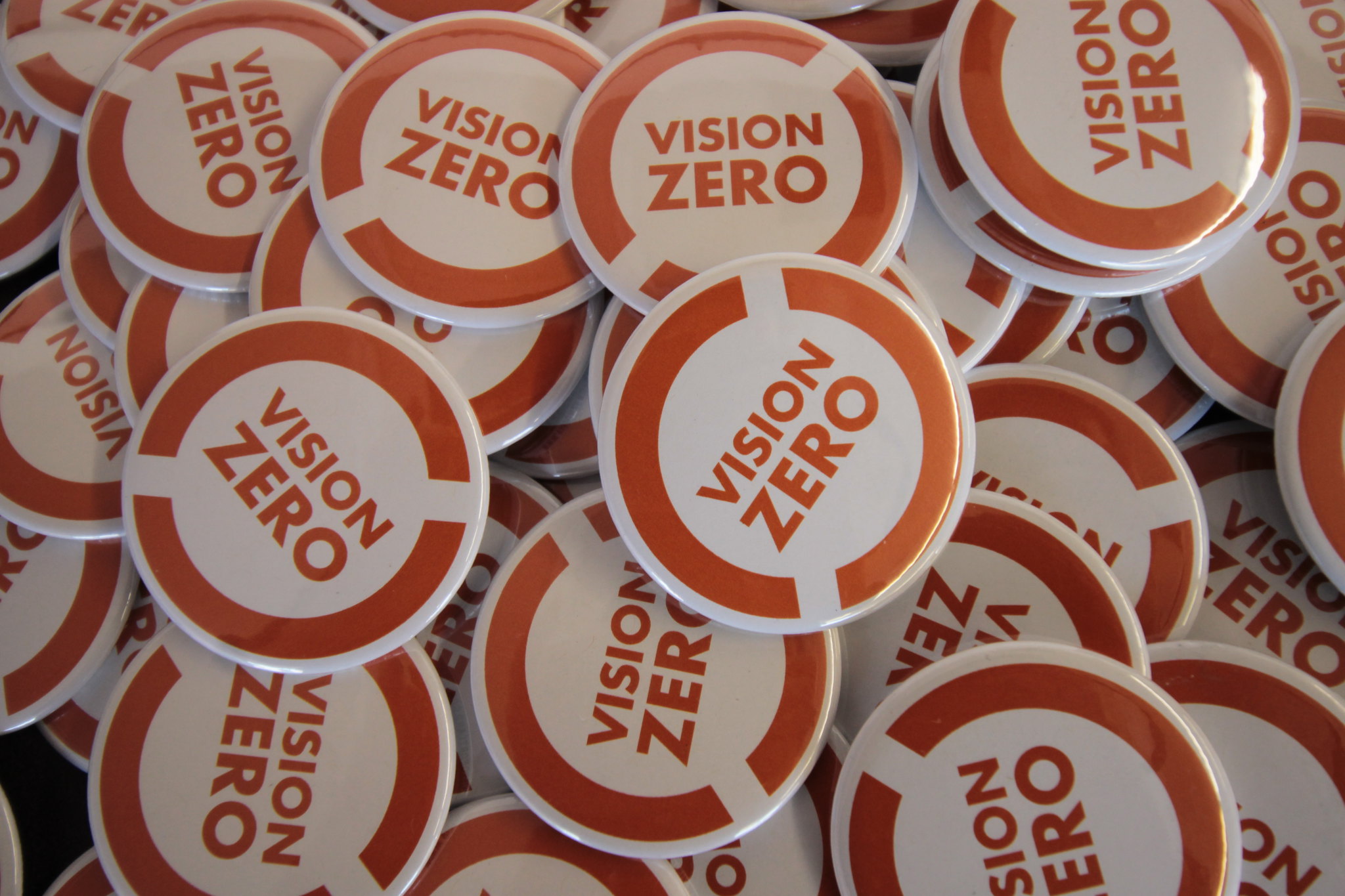This post was originally published on the blog of the Frontier Group, where the author is a senior policy analyst.
The number of miles driven in the United States continues to stagnate, even amidst economic recovery, according to just-released figures from the Federal Highway Administration.

According to the agency’s December 2013 Traffic Volume Trends report, the number of vehicle-miles traveled on U.S. highways increased last year by approximately 0.6 percent – a rate of increase a tick slower than the 0.7 percent rate of population growth in the United States during 2013.
To put this in the context of longer-term trends:
- The total number of vehicle-miles traveled in the U.S. remains about 2 percent below its 2007 peak. The number of miles driven in 2013 was lower than that of the 12-month period ending February 2005 – a nearly nine-year period of stagnation in total vehicle travel unprecedented in modern U.S. history.
- The average number of vehicle-miles traveled per capita in 2013 was about 7 percent below its 2004 peak and was the lowest since 1996 – a roughly 17-year span of stagnation in per-capita vehicle travel.
Looking forward, continued stagnation in per-capita vehicle travel would have major implications for public policy:
- Growth in traffic volumes would be insufficient to justify highway expansion projects in all but the fastest-growing areas.
- Congestion in most areas would grow only slowly, and could largely be addressed through measures to improve the efficiency of the current transportation system (including by expanding access to public transportation and through the use of information technology and possibly pricing), rather than through costly capacity additions.
- Revenue from fuel taxes would continue to decline as increases in driving fail to make up for improvements in vehicle fuel economy (and for the impacts of inflation in places where gasoline taxes are not indexed).
- Increasing highway “user fees” – gas taxes, tolls, VMT fees – to recover that lost revenue would likely further depress vehicle travel by increasing the cost of driving.
With Congress on the hook for reauthorizing the nation’s transportation law this year – and with the Highway Trust Fund only months away from going broke – the latest evidence of continued stagnation in driving demands that our nation’s leaders plot a different course for our transportation future that recognizes changing trends in how Americans travel and focuses scarce resources on addressing America’s 21st century transportation priorities.





